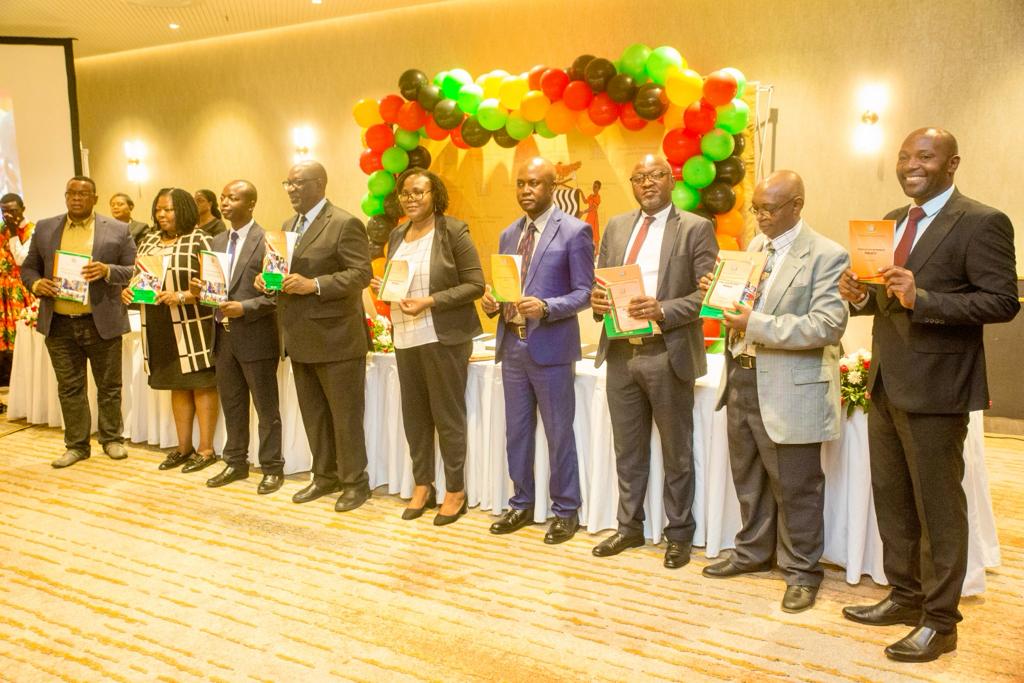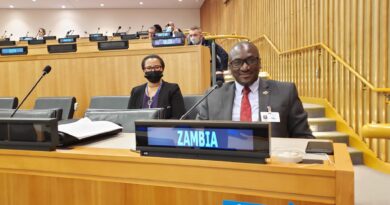MoTS Launches Five Policies and Strategies for Enhanced Economic Performance and Integrity
The Ministry of Technology and Science (MoTS) in Zambia has taken a significant step in fostering transparency, accountability, and national progress by unveiling two strategies and three institutional policies.
This launch, which occurred on Thursday, 21st December 2023, underscores the Ministry’s strong commitment to aligning with the objectives of the Eighth National Development Plan (8th NDP) and national legislative goals.
Deputy Secretary to the Cabinet (Administration) Dr. Oliver Kalabo lauded the Ministry’s proactive approach, emphasizing that the launched Conflict of Interest, Gift and Benefits, Whistle Blower Protection policies, as well as the Entrepreneurship Development Strategy and Open and Distance Flexible Learning Strategies, collectively contribute to a framework that promotes ethical behavior and accountability within the Ministry. Dr. Kalabo urged other government ministries to emulate the MoTS and develop similar policies.
The launch comes at a crucial time when Zambia is actively working towards addressing corruption, as highlighted by the Transparent International Zambia 2022 corruption perception index. Dr. Kalabo emphasized that the fight against corruption is a top priority for the New Dawn Administration led by President Hakainde Hichilema.
The MoTS policies aim to set supreme standards for integrity, transparency, and accountability, addressing potential conflicts and compromising situations.
Dr. Brilliant Habeenzu, the Permanent Secretary of the Ministry of Technology and Science, emphasized that these policies will guide the Ministry in improving performance and integrity, crucial for the economic development of the country.
The institutional policies include Conflict of Interest, Gift and Benefits, and Whistle Blower Protection, outlining guidelines for staff and board members. These policies provide mechanisms to address misconduct and offer protection for those who come forth with information without fear of retaliation.
Additionally, the Entrepreneurship Development Strategy Policy aims to foster entrepreneurship in vocational education and training, contributing to economic growth.
The Open and Distance Flexible Learning Strategy leverages digital technologies to provide access and quality learning opportunities, particularly for those facing challenges in traditional learning systems.
Dr. Habeenzu called on all stakeholders to appreciate the launched policies and strategies, acknowledging the extensive consultation and collaboration that went into their development.
The Anti-Corruption Commission (ACC) Director General, Tom Trevor Shamakamba, commended the MoTS for its efforts, emphasizing that the absence of such policies can leave room for corruption to thrive.
He urged other institutions to emulate the Ministry’s commitment to good governance and best practices.



